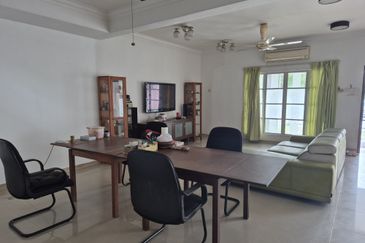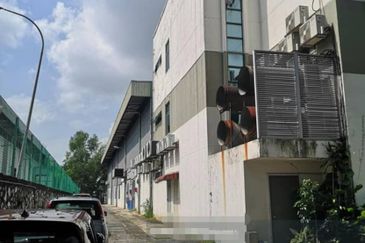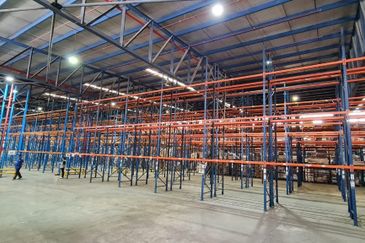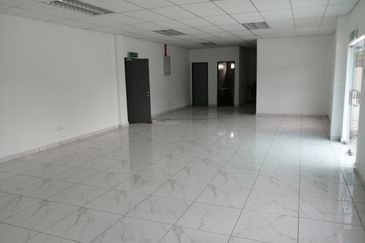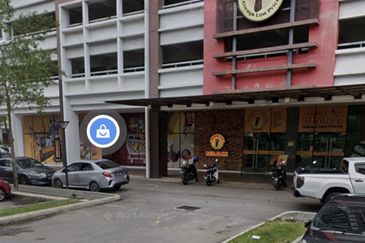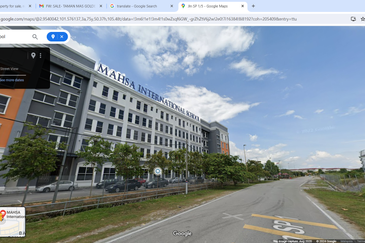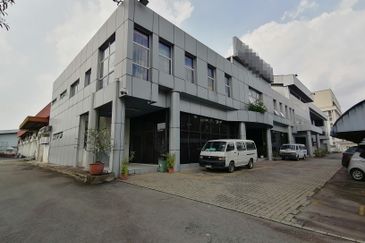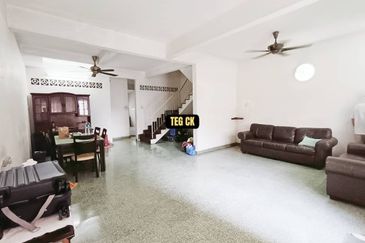
PETALING JAYA (October 11): Rehda Institute chairman Datuk Jeffrey Ng is glad to see the government recognising the issues faced by first time homebuyers and offering solutions, including promoting Rent-to-Own (RTO) schemes to lower the entry barrier for them.
Commenting on the proposals in Budget 2020 which was announced today, Ng said Rehda Institute is a strong believer of RTO schemes, adding that whilst home ownership is an important objective, the reality is that not every first-time homebuyer will have the ability to pay the required down payment and to secure the housing loan.
On this note, the government’s assistance in providing some form of guarantee to financial institutions would incentivise them to participate in this RTO scheme.
In tabling today’s Budget 2020, Finance Minister Lim Guan Eng announced that the government will work together with financial institutions to provide RM10 billion for RTO scheme applicants who are unable to afford the initial 10% deposit for RTO homes.
Under the RTO scheme, those who are not ready to purchase at present will have the option to rent first and buy later based on the price fixed at the time the Tenancy Agreement is signed.
Rehda Institute also appreciates the government’s effort in introducing the Home Ownership Campaign (HOC) which has generated strong market interest and achieved good sales results. The association hopes the government will consider extending the campaign to next year in light of its success.
The HOC commenced in January this year and will run until Dec 31, 2019. It has received positive responses from both developers and purchasers and has achieved sales of 21,000 property units valued at RM13.44 billion, exceeding the RM3 billion initial sales target.
Ng lauded the government for walking the talk by including 5,000 units of affordable homes in Bandar Malaysia.
“Clearly, with the proposed Transit-Oriented Development (TOD) masterplan, the affordable housing ecosystem should be able to successfully attract B40 households to live, work and play within Bandar Malaysia,” he added.
In relation to the Real Property Gains Tax (RPGT), it would appear that owners will be paying less RPGT since the base cost has been set to Jan 1, 2013 from Jan 1, 2000 as announced in today's Budget 2020.
This may lead to positive effects for the secondary market because owners may be more motivated to sell their properties due to slightly higher disposal gain, said Ng.
Ng noted that there may also be some spillover benefits in the primary market where existing owners, having benefited from the higher disposal gain, may be encouraged to upgrade to new homes.
“As the property sector supports more than 144 segments of various industries, it is laudable that the government has taken proactive measures to reduce the foreign ownership threshold to purchase unsold condominiums and apartments in urban areas.
“This would boost the demand-side for overhang properties via foreign purchase, and is a much-needed catalyst for the current weak market conditions,” Ng said, commenting on the reduction of foreign home ownership threshold for high-rise residences in urban areas to RM600,000 from RM1 million previously.
TOP PICKS BY EDGEPROP
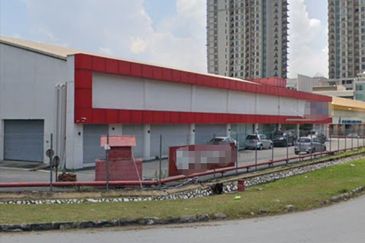
Subang Jaya Industrial Estate
Subang Jaya, Selangor

Petaling Jaya Industrial
Petaling Jaya, Selangor
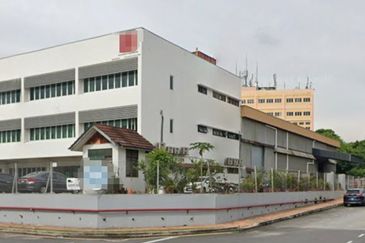
Petaling Jaya Industrial
Petaling Jaya, Selangor

Setia Impian, Setia Alam
Setia Alam/Alam Nusantara, Selangor
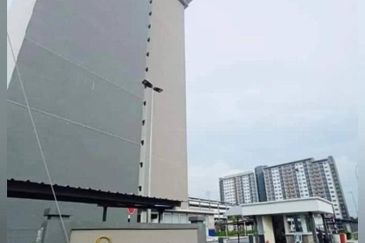
Serunai Apartment [Rumah Selangorku]
Bandar Bukit Raja, Selangor
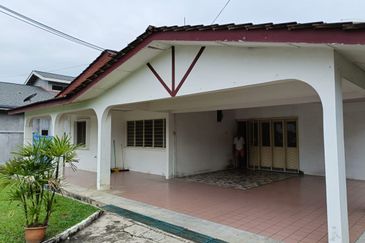
Seksyen 17, Petaling Jaya
Petaling Jaya, Selangor


